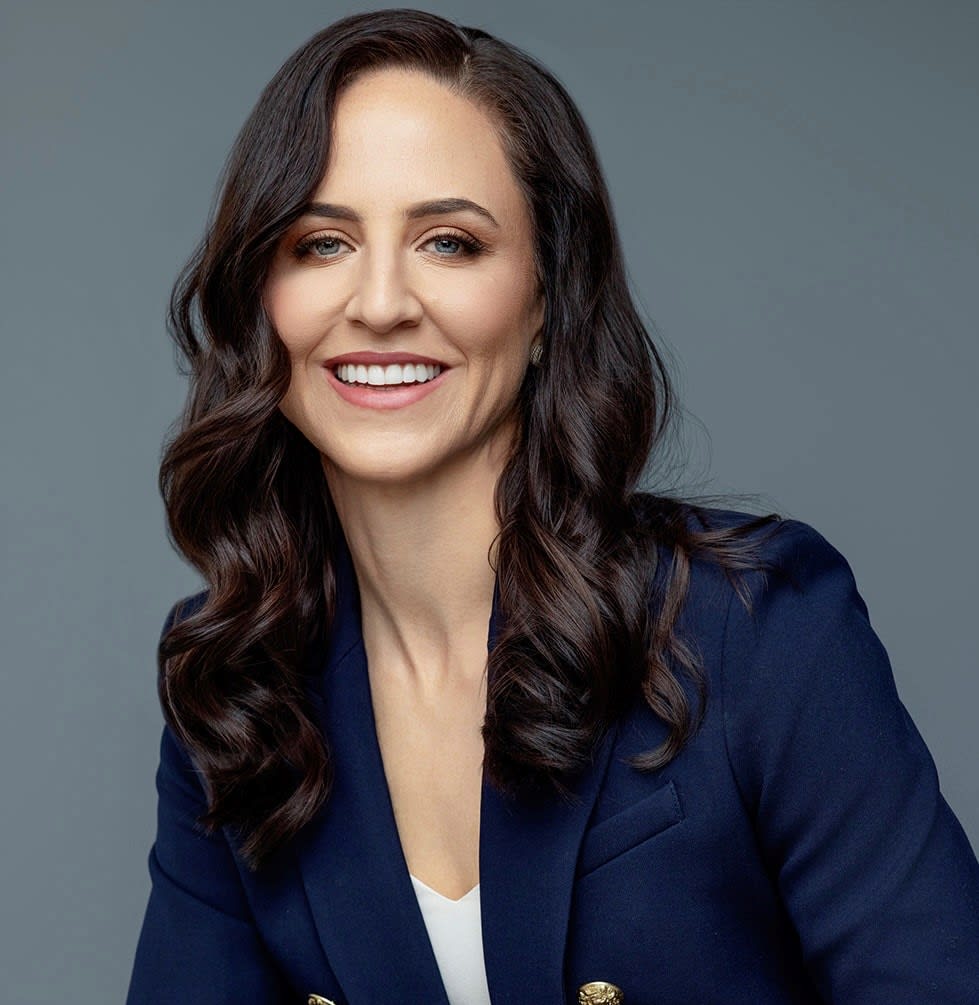Dr. Lewei Zhang: My Work at the BC Cancer Agency
August 19, 2014
As I mentioned in my last post, I came to UBC to teach oral pathology and also to work as an oral pathologist, diagnosing oral diseases.
Before I talk specifically about my research, I want to introduce you to the concept of cross-disciplinary research and translational research. There are a lot of smart people in any university. Most great research, however, is conducted by a team with cross-disciplinary specialties, not by a single genius. The problem of doing research by oneself is not only the limitation of knowledge, but also the limitation of thinking only inside a certain ‘box’. A problem that seems insolvable from one angle, by one specialty, may be easily solved by a cross-disciplinary research team by thinking outside the box. Because of that, one of the first things I did after starting work at UBC in 1989 was to look for research collaborators.
Long-term collaborative research is almost like a marriage; the collaborators need to have the right chemistry, similar drive and respect for each other. When I met Dr. Miriam Rosin, we hit off right away. Miriam is not just a brilliant scientist; she has a vision, a quality of a great leader.
We respect, love and support each other. Over more than 20 years of collaboration, I can say that we had had not a single ‘fight’ or ‘dispute’, except for one thing – Miriam thinks that she has the best husband in the world, I think that she has the second-best husband because mine is the best (our husbands like each other too : ). With Miriam’s leadership, our two-person collaboration has grown into a team of scientists with different disciplines.
There are numerous superb research results that fail to be applicable in humans. As a clinician, it has always troubled me not knowing how many of the results from my lab research are applicable to clinical situation. Translational research solves this problem by applying knowledge obtained in the laboratory directly to clinical settings. Miriam and I felt that we should focus on early diagnosis of the disease, since this factor has the biggest impact on prognosis.
~
Oral squamous cell carcinoma (SCC) is believed to progress from oral premalignant lesions (OPL), the majority of which do not progress into cancer. A major focus on early diagnosis is to identify and separate high-risk OPLs from low-risk OPLs. Studying OPLs, however, is not as easy as studying oral cancer: while most oral cancer patients are diagnosed and treated at big hospitals where large research centres are located, most of OPLs are diagnosed and managed in community dental clinics. Therefore, most research centres have a hard time accessing OPL patients and samples.
Canadians, however, have a unique advantage in studying OPLs because of our public medical health systems. Here in B.C., the BC Oral Biopsy Service provides free oral pathology service for all dentists and medical professionals. Hence we could access biopsy samples for our study.
Over the years, our translational research has resulted in various clinical tools for identifying high-risk OPLs such as toluidine blue and the VELscope, which was created by one of my students. Currently the VELScope is being tested for its efficacy in guiding surgical treatment of oral cancer, hence improving the prognosis of the disease. My hope for the future is that such tools, created here in B.C., will be available globally.
Philanthropic support is very important to the work we do at the BC OCPP. I’m so grateful for the generosity of BC Cancer Foundation donors and for support from An Evening to Conquer Cancer, which is spearheaded by Brenda Currie, my former graduate student and a born leader. She will be blogging here next week!
In the future, I’m looking forward to changing and improving clinical practice and patient outcomes through research. I am passionate about my work and feel lucky that I am able to do something that I love. I am also so proud of my students and the work they are doing.
Thanks for reading my blog posts,
Lewei


